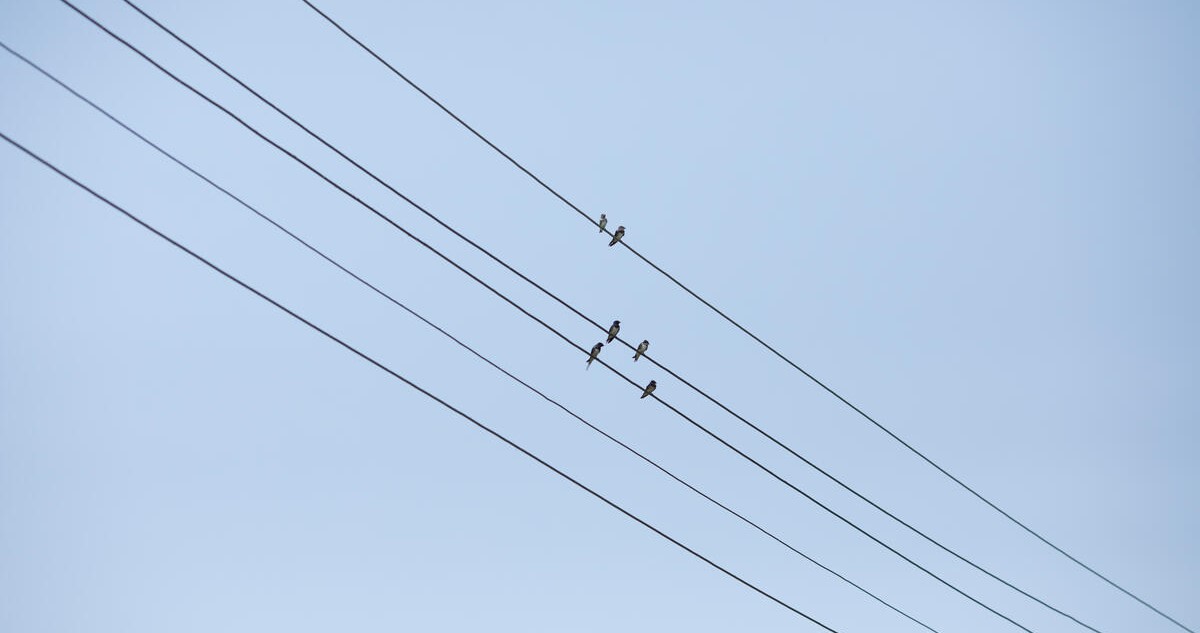YEARNING FOR ELECTRICITY - HAS IT REALIZED?
About a year ago, community representatives from Harowu, a small village in the Heart of Borneo (HoB) region, signed an agreement to release approximately 3000 hectares of land (called Bukit/Puruk Batu Karung) to support a micro-hydroelectric system for their village.
Access and light are 'luxuries' for these villagers. It takes about 4 to 6 hours from Palangka Raya (the capital of Central Kalimantan Province) to arrive at the site, taking in hilly roads, rivers and then more walking, crossing paths. For the residents, at sunset there is no electricity unless an electric generator is turned on.
By the time WWF organized a community participatory planning session in Harowu and the idea of a hydropower system was floated, the communities themselves had not only agreed to it - they were ready to invest land and money from their own pockets to fund the project.
The head of Gunung Mas sub-district, which manages the area including Harowu village, is also ready to support the idea. "If the project needs legal support from the government, we are ready to issue regulations regarding forest areas upstream to be prioritized for hydropower construction," he said.
The construction of a micro-hydropower system in Harowu will support about 300 residents to get enough energy, including small household industries, as well as help protect more than 4000 hectares of natural forest that acts as a water catchment area for the downstream area.
In mid-February 2012, WWF revealed that the construction could not be built due to insufficient funding. WWF-Finland, which supports a program located near the Muller Schwaner area, committed extra funds and helped secure funding from other potential donors including Nokia and the Finnish Embassy in Indonesia. Sampsa Kianmaa, Program Coordinator for WWF-Finland, said "We risk losing the support of local partners, especially in the five villages that have been waiting to benefit from the power plant, if we do not secure replacement funding for the project."
Kalimantan is one of the regions in Indonesia that is underutilized for its high energy potential for hydropower, especially those areas located in the upper reaches of rivers in the HoB. Micro hydropower system is a reliable, sustainable, clean and renewable energy source.
With the electricity generated by micro-hydropower systems, local people can not only experience direct benefits such as light, entertainment and information, but also get the opportunity to increase their income. Contrary to this, the sustainability of electricity is highly dependent on the consistency of water delivery from upstream areas. It is therefore crucial that upstream forests are properly managed and protected - acting as an important incentive for nature protection by local communities. With electricity from the micro-hydropower system, communities no longer need to buy gasoline to obtain electricity from portable diesel generators. The project also has advantages for nature protection as communities can avoid carbon emissions resulting from oil use and deforestation.
Related links:
Community-based radio
http://www.wwf.or.id/?24360/WWF-bangun-radio-komunitas-di-Gunung-Mas-Kalteng
Providing clean electrical power through micro hydro
http://www.wwf.or.id/berita_fakta/berita_fakta/?24140/Providing-clean-power-through-micro-hydro
Conservation of the Muller Schwanner Area
http://heartofborneo.or.id/en/article/detail/14/muller-schwanner-conservation
Government supports micro hydro project
http://heartofborneo.or.id/en/news/detail/25/the-government-of-gunung-mas-district-supports-the-development-of





